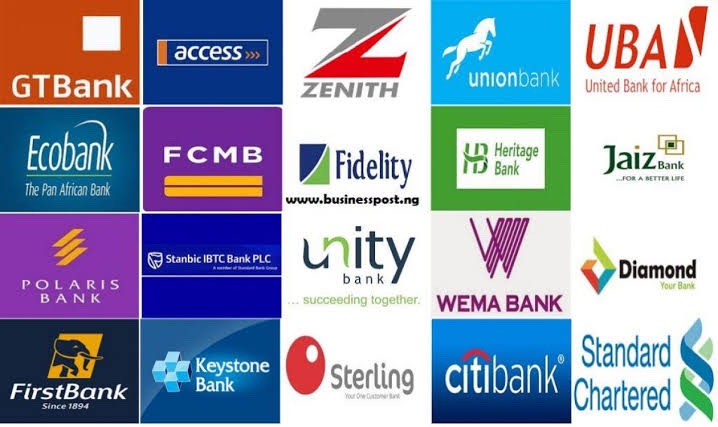Business
BREAKING: Nigerian Banks to Report Accounts With ₦5m Monthly Transactions
Nigerian Banks will now report or flag any personal or business account that processes a total of ₦5 million or more in transactions within a single month.

Nigerian Banks will now report or flag any personal or business account that processes a total of ₦5 million or more in transactions within a single month.
The Nigerian government has introduced a new tax compliance law that will take effect from January 2026, requiring all banks to report customer accounts with monthly transactions exceeding ₦5 million to the Federal Inland Revenue Service (FIRS) and other relevant tax authorities.
This move is part of a broader push to enhance tax compliance, promote fiscal transparency, and align Nigeria’s tax system with global best practices. It reflects the government’s determination to strengthen its oversight of financial flows, particularly among the informal sector and high-net-worth individuals.
What This Means
Any personal or business account that processes a total of ₦5 million or more in transactions within a single month—whether through inflows, outflows, or both—will now be flagged and reported. For example, if your account receives ₦3 million and sends out ₦2.5 million in the same month, totaling ₦5.5 million in activity, it falls under this reporting threshold.
This does not automatically mean you’re under investigation, but it does mean your financial activity may be subject to closer scrutiny, especially if your declared income does not align with your banking records. The directive is expected to improve the tracking of unreported income and strengthen tax collection from sectors that previously fell outside the formal tax net.
DON’T MISS: MultiChoice Slammed with ₦766m Fine for Violating Nigerians’ Data Privacy Rights
The new law also introduces important reforms to the Value-Added Tax (VAT) revenue distribution model. Under the updated formula, the federal government’s share drops from 15% to 10%, state governments will now receive 55% (up from 50%), while local governments retain their 35% share.
(VAT revenue sharing Nigeria)
Additionally, to ease the burden on low-income earners, the law provides that individuals earning up to ₦800,000 annually—or about ₦66,667 per month—are now exempt from personal income tax.
(personal income tax exemption Nigeria)
This comprehensive reform package is expected to significantly boost government revenue, curb tax evasion, and modernize Nigeria’s fiscal framework in line with international standards.
As the 2026 implementation date approaches, financial experts are urging individuals and businesses to review their tax records and ensure that their banking transactions align with their reported earnings to avoid future complications.























You must be logged in to post a comment Login